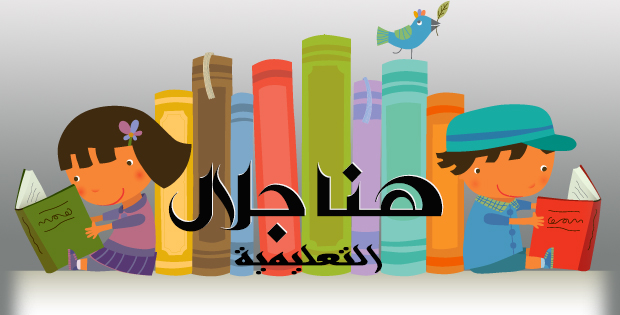Second Year Classes
First Term Exam
Part 1: Reading/15pts/
A/Comprehension/8pts/
Read the passage carefully then do the activities.
Peacekeepers
The United Nations Peacekeeping forces are groups of soldiers who help keep peace in places of conflicts. Most of the time they are observers or soldiers who don’t have so many weapons. Normally, they try to keep the enemies away from each other.
The first UN Peacekeepers were sent to the Middle East in 1948. After many weeks of war the UN Peacekeepers were able to help make peace there.
In the 1980s and 90s UN Peacekeepers are have helped keep peace in many countries. In the middle of the 1990s they were sent to former Yugoslavia to keep peace between the Serbs, Croats and Muslims.
UN Peacekeepers are sent to a region only if the Security Council tells them to. They can only help keep peace if all the other countries agree and they may use their weapons only if they are attacked. Most of them wear a blue hat or a helmet so that you can tell if they are UN soldiers.
Since 1948 there have been 54 UN Peacekeeping operations all over the world. Over 120 countries have sent soldiers.
Are the following statements true or false?
The Peacekeeping forces work for the United Nations.
The soldiers don’t have so many weapons.
The Middle East was the first place where the peacekeepers worked.
UN Peacekeepers are sent to a region without the permission of the Security Council.
Answer the following questions according to the text:
When can UN Peacekeepers use force?
How are UN Peacekeepers recognized?
In which paragraph is it mentioned that UN Peacekeepers kept peace in Europe?
What or who do the underlined words refer to in the text?
1/ who (§1) 2/ there (§2) 3/they (§3)
Text Exploration/7pts/
Find in the text words or phrases that are closest in meaning to:
1/ Clash (§1) 2/ managed to (§2) 3/ arms (§1)
Rewrite sentence (b) so that it means the same as sentence (a): a/ UNICEF supports child health and nutrition.
b/ Child health and nutrition……………………………………………..
Each sentence has a mistake. Find it and correct it:
a/ In the past slaves must fight for their rights.
b/ Amnesty international needn’t to accept government money.
Reorder the following words to make a coherent sentence:
UNICEF _ in _ General _ Nations _ the _ United _ Assembly _ 1946 _ created.
Classify the following words according to the pronunciation of their final “/S/ /Z/ /IZ/”:
Nations _ forces _ groups _ soldiers _ weeks _ countries
Part 2/5pts/
Choose one of the following topics and write a paragraph.
Topic 1: Imagine you are the headmaster of a secondary school. Write some rules about what pupils must or must not do.
(Use: must, must not, have to, don’t have to)
Topic 2: Write a composition on how to maintain peace in the world.
Teach children a culture of peace
Respect each other’s culture
Resolve conflicts peacefully
Make world free of arms
Good luck


